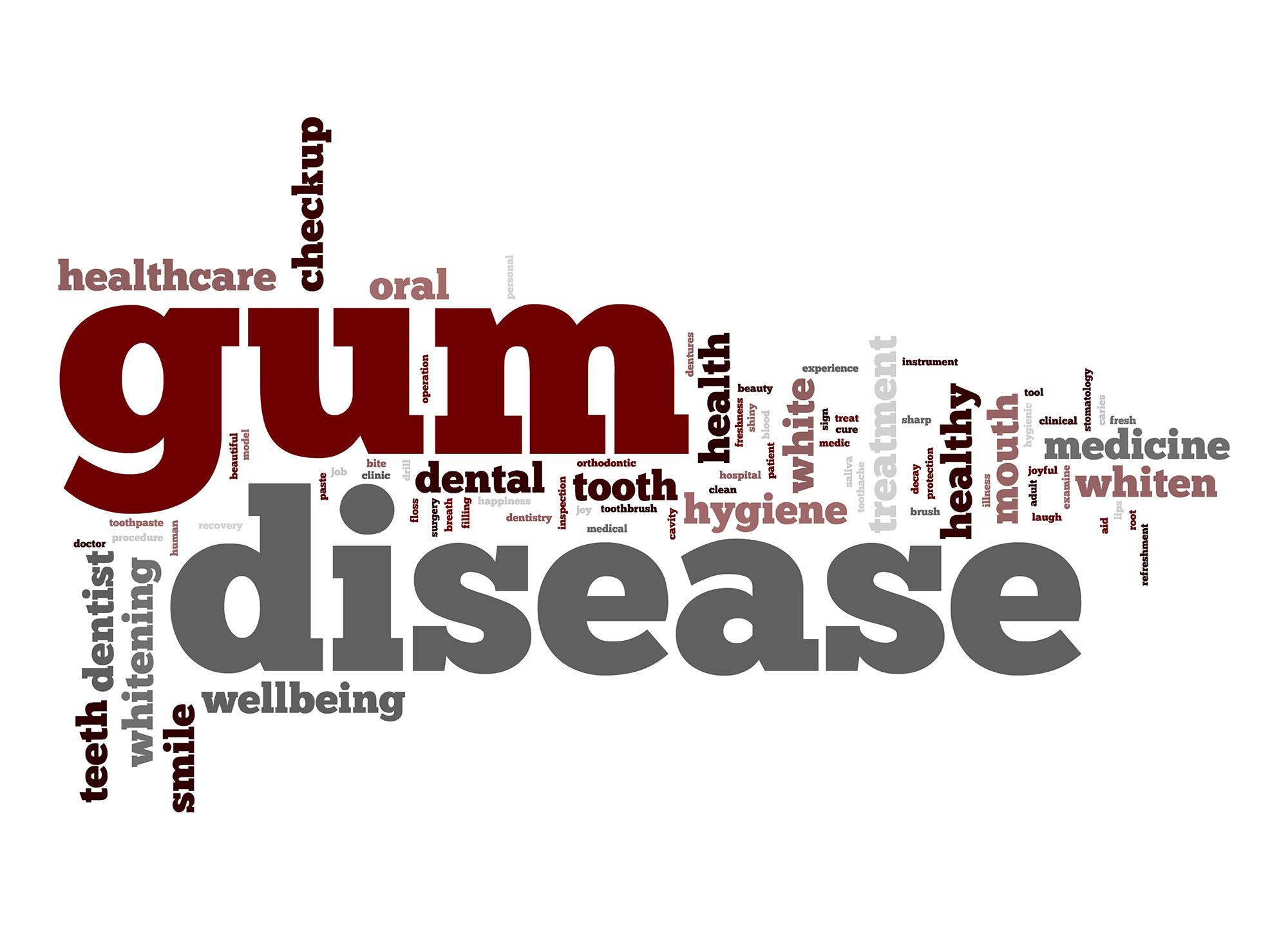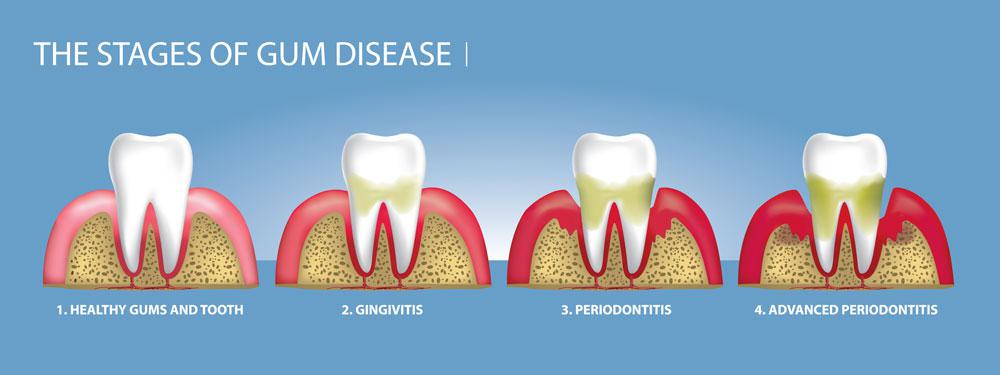 Neglecting your gums is a bit like forgetting the roots of a healthy smile. Without strong foundations, even the strongest tree can't thrive. And so it is with your teeth: good oral hygiene which considers gum health, proper nutrition, regular check-ups, and stress management all come together for a confident and healthy smile. Today, we'll explore how you can protect these crucial tissues through proactive measures that are both easy to adopt and vital for your overall well-being.
Neglecting your gums is a bit like forgetting the roots of a healthy smile. Without strong foundations, even the strongest tree can't thrive. And so it is with your teeth: good oral hygiene which considers gum health, proper nutrition, regular check-ups, and stress management all come together for a confident and healthy smile. Today, we'll explore how you can protect these crucial tissues through proactive measures that are both easy to adopt and vital for your overall well-being.
Gum disease doesn't just affect the mouth; it may have wider implications for your systemic health, being linked to conditions ranging from heart disease to diabetes. By diligently practicing the following steps, you'll not only preserve the glow of your pearly whites but fortify your health from the ground up.
1. Maintain Proper Oral Hygiene
The cornerstone of gum disease prevention is impeccable oral hygiene. Each day, a sticky film of bacteria known as plaque constantly forms on your teeth, and if it's not removed, it can lead to inflammation in your gums — the first step towards gum disease.
Brushing Techniques for Gums
When you brush, it's essential to do so gently using a soft-bristled toothbrush. Circular motions at a 45-degree angle towards the gumline help to dislodge plaque without damaging tender gum tissue. Don't forget to brush the inner surfaces of your teeth and your tongue, which can also house harmful bacteria.
Flossing Habits for Enhanced Gum Care
Flossing is where many oral health routines fall short. Ensure you floss at least once a day, reaching up beneath the gumline to clear away plaque and debris. An antimicrobial mouthwash can also provide additional protection against bacteria, supporting the health of your gums.

2. Regular Dental Check-ups
While faithful home care is essential, it's only part of the puzzle. Seeing your dentist on a regular basis can catch issues early, often before they become major concerns.
Professional Cleanings and Their Role
Your dental hygienist uses specialized tools to clean areas of your mouth that are hard to reach at home. This ensures that plaque and tartar buildup, which you can't remove with a toothbrush and floss, doesn't progress to gingivitis or periodontitis, which are advanced forms of gum disease.
Early Detection of Gum Disease
A dentist is trained to recognize the subtle signs of gum disease long before it becomes painful or visibly apparent. By catching it in its infancy, you stand a much better chance of reversing the condition and preventing further damage.
3. Balanced Diet and Nutrition
What you eat has a profound effect on your oral health. A diet rich in vitamins, minerals, and whole foods nourishes your gums, while sugary snacks and drinks can do the opposite.
Diet Impact on Gum Health
Studies show that diets high in sugar and processed foods are linked to a higher risk of gum disease. Conversely, a diet loaded with leafy greens, whole grains, lean protein, and fruits can actually work to prevent gum disease.
Foods for Healthy Gums
Look for foods high in vitamin C, which helps maintain the health of your connective tissues, and those with high water content, like apples and pears, which help to neutralize acid and cleanse the teeth.
4. Avoid Harmful Habits
Certain habits can dramatically increase your risk of developing gum disease. By curbing these behaviors, you take a significant step toward maintaining healthy gums.
Smoking Cessation
Tobacco use weakens your immune system, making it harder for your body to fight off a gum infection. Smoking cessation is one of the most crucial steps to preventing and treating gum disease.
Limit Sugary Foods and Drinks
Frequent consumption of sugary snacks and beverages fuels the growth of bacteria in your mouth. This excess sugar leads to more plaque, which then contributes to gum disease. Moderation is key, and when you choose sweet treats, brush and floss shortly afterward or at least rinse your mouth with water.
5. Stress Management
Your mental state can have a significant impact on your physical health, including the health of your gums. Stress might cause you to neglect your oral care routine or lead to unhealthy coping mechanisms like smoking or poor dietary choices, all of which can contribute to gum disease.
Stress's and Oral Health
Stress can lead to a decrease in saliva production, which is your body's natural defense against plaque. Stress can also affect your immune system, making you more susceptible to infections, including gum disease.
Reducing Stress for Better Gum Health
Finding effective ways to reduce and manage stress can have a positive impact on your gum health. Exercise, mindfulness practices like meditation, and even hobbies can be excellent outlets for stress. Consider speaking with a mental health professional for additional support if stress is significantly impacting your daily life.
Gum Disease Treatment at Bishop Ranch Dentistry
Gum disease is both preventable and reversible in its early stages. By adopting these five essential tips, you are taking proactive steps not only for your oral health but for your overall well-being. Just as every great tree starts from a strong root, every confident smile begins with healthy gums. Commit to these principles and witness the profound impact they'll have on your life.
Remember, your smile is unique, and so are the needs of your gums! Schedule your appointment with Dr. Nelson Wong at Bishop Ranch Dentistry to receive personalized care and to discuss a bespoke plan for keeping your gums healthy. Your gums deserve the best, and they'll thank you with a lifetime of support for your radiant smile.

